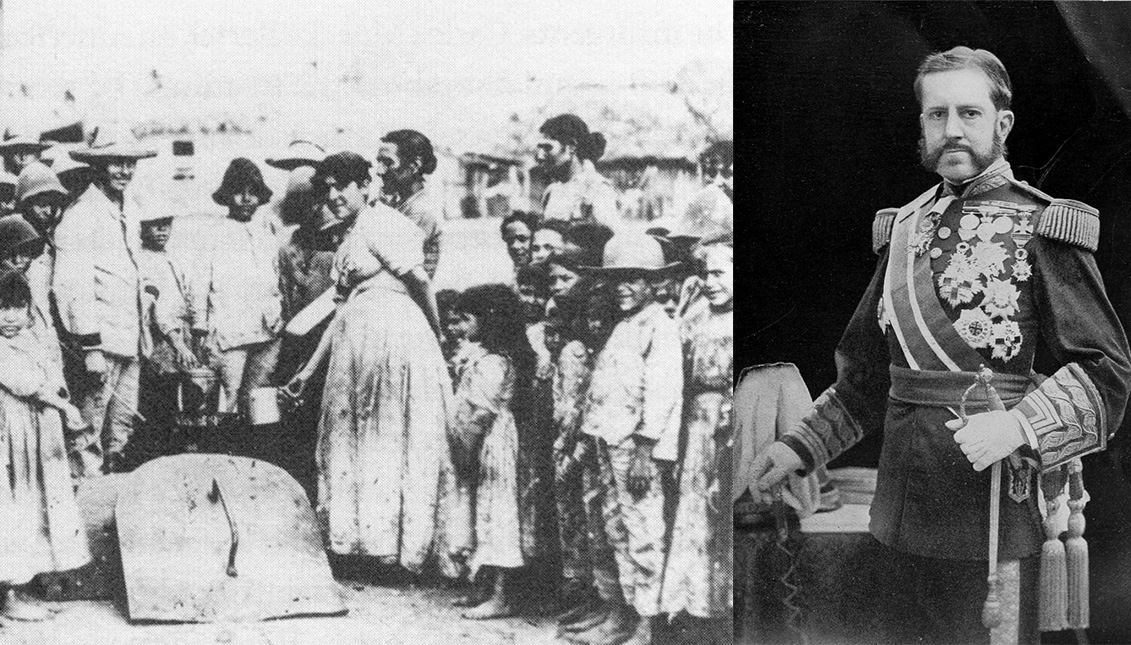
Valeriano Weyler and the Cuban Holocaust: History of a little-known genocide
The Spanish general was the inventor of modern concentration camps. His pilot experiment in horror was Cuba.
The turbulent Spanish 19th century gave world culture two words that sum up those tumultuous decades very well: "guerrilla" and "pronouncement."
Certainly, the liberal age in the Iberian Peninsula was a time of failed political regimes, coups d'état and revolutionary attempts. Exalted and moderate people shot at each other, while the Carlists provoked three civil wars in little more than 30 years. The worst came in 1896, almost at the turn of the century, when General Valeriano Weyler's repressive policies became a clear precedent for the extreme violence that totalitarian regimes were to unleash on the world in the 20th century.
Not much attention has been paid to the particularly dark chapter in Spain's military history that, because of its modernity, immoral significance, and racial scope, is a real stain on a state that did not know how to transition quietly into liberalism.
The genocidal policy began in October 1896 and is estimated to have forced the relocation of between 350,000 and 700,000 people from the countryside to the city. General Weyler intended, in this way, to cut off the supplies of material and food the civilian population gave to the Cuban Liberation Army, led by Máximo Gómez.
The idea also wasn't his, but that of his predecessor at the head of the Spanish troops on the island, General Arsenio Martínez Campos, who had been defeated by Antonio Maceo, a lieutenant of the independent Mambises. Weyler became known as the "technician of cruelty" because of the ruthless way he deployed the plan devised by his predecessor.
The criminal policy of urban re-concentration lasted until 1898, when Spain definitively lost its Cuban colony when attacked by the United States. It was not the last time Weyler was sent to quell rebellions: his repressive violence in the burning Barcelona of 1909 is also remembered.
Over time, the Mallorcan soldier became something of a regime specialist when it came to quelling uprisings. It should be added that other powers also used similar methods when trying to impose themselves: the Americans decimated the indigenous populations by confining them to concentration camps, as well as the British under Herbert Kitchener, who massively transferred the Boer population, committing all kinds of atrocities.
Usually, the genocide against the Armenians is considered the first policy of mass extermination and sanctioned by a modern state. The horrible massacre of Armenians began in 1915, and took away between one and a half and two million people who were forced to leave their homes and perished amid forced marches and executions. Valeriano Weyler's repressive policy did not reach those number of victims, but it was no less severe and left chilling images of people in advanced states of malnutrition.











LEAVE A COMMENT: